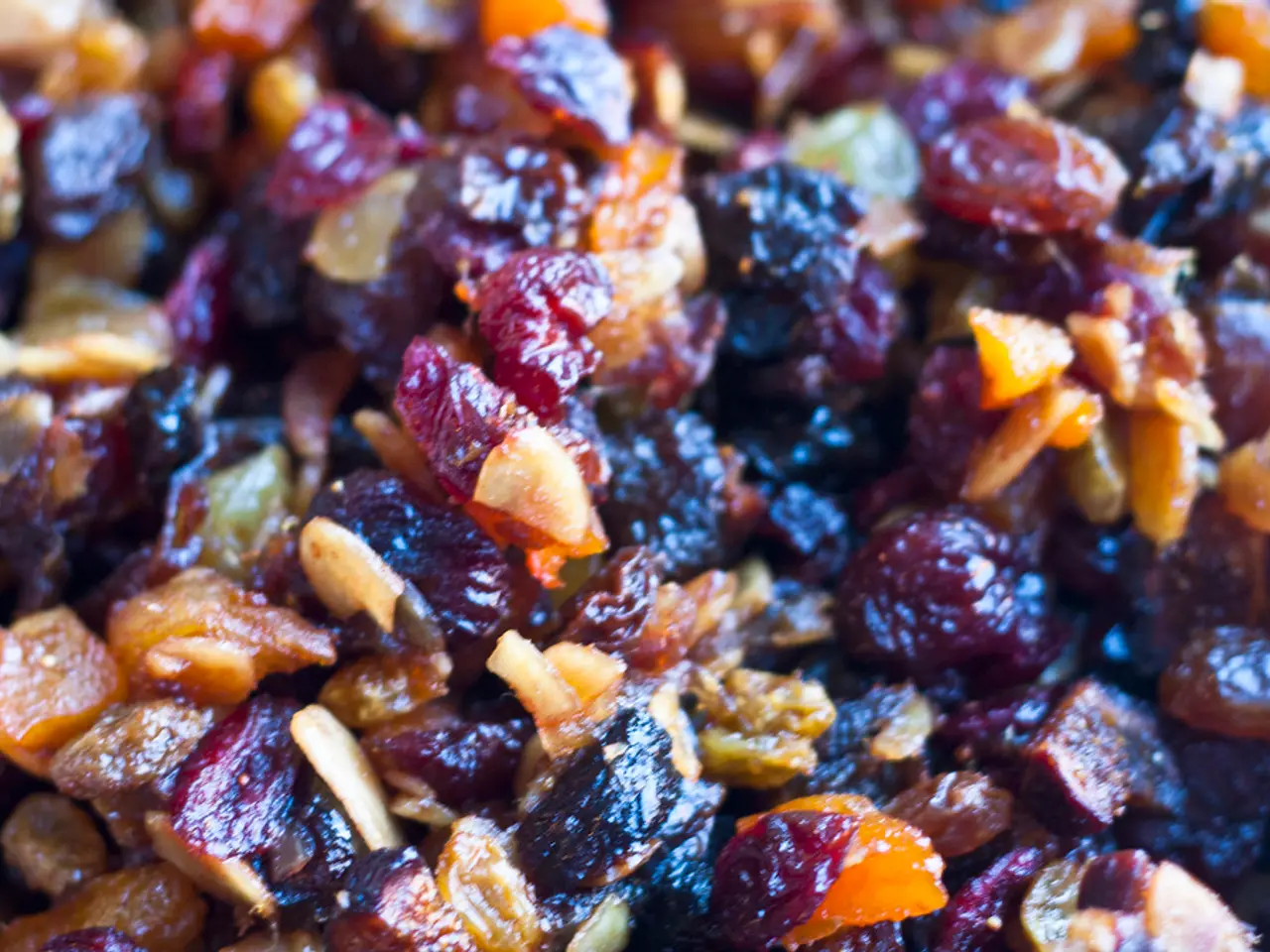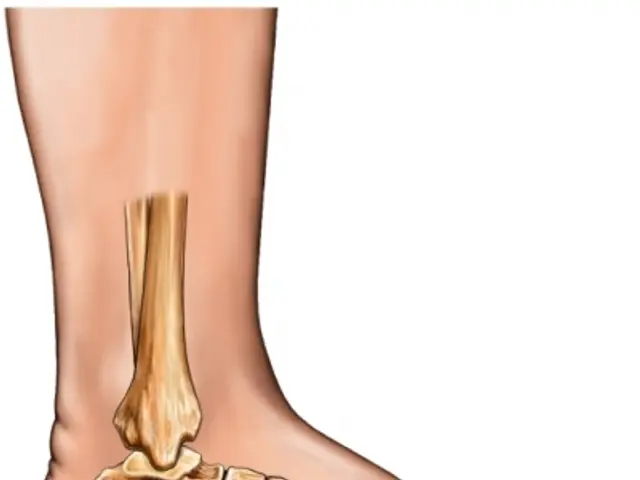Food processing may elevate your risk for lung cancer, according to new research
Ultra-Processed Foods and Lung Cancer: A Growing Concern
A recent study published in the journal Thorax has revealed a potential link between the consumption of ultra-processed foods (UPFs) and an increased risk of lung cancer.
According to the World Health Organization, lung cancer is a common form of cancer, with an estimated 2.4 million new cases worldwide in 2022. While smoking remains the main contributor to lung cancer risk, this new study suggests that dietary habits may also play a significant role.
Adults with the highest intake of UPFs have about a 41% higher risk of lung cancer overall, a 37% increased risk for non-small cell lung cancer (NSCLC), and a 44% increased risk for small cell lung cancer (SCLC), compared to those who consume the least UPFs. This association shows a dose-dependent relationship, meaning the risk increases with greater UPF consumption.
UPFs are typically industrial formulations made mostly from substances extracted or refined from whole foods. They contain high levels of added sugars, saturated fats, salt, and numerous additives such as colors, emulsifiers, flavors, and stabilizers. Common examples include packaged baked goods, sugary cereals, ready-to-eat meals, and processed cold cuts.
The increased lung cancer risk is partly explained by the fact that high UPF consumption often correlates with low intake of minimally processed, cancer-protective foods like fruits, vegetables, fish, and whole grains. Researchers suggest that limiting UPF intake may help reduce the global burden of lung cancer, which remains the most common and deadliest cancer worldwide.
The increased risk persists across various subgroups, including smokers and non-smokers, older adults, men and women, and those with higher body mass index (BMI). This indicates a broad impact of UPFs on lung cancer risk beyond smoking status.
The study also highlights the potential health risks associated with additives in UPFs, carcinogens formed during processing, and chemicals from food packaging. Industrial processing of UPFs can alter the food matrix, affecting nutrient availability and absorption, while also generating harmful contaminants.
One such contaminant is acrolein, which can come from burning tobacco, wood, plastics, and gasoline, and from cooking fats and oils at high temperatures. Acrolein has been linked to lung cancer and other health issues.
Instead of focusing on what not to eat, prioritizing adding foods directly from nature into your diet is suggested. Prioritizing whole food and preparing meals using whole or minimally processed ingredients is recommended. Transitioning to less UPFs and more 'real' foods can take a minute for taste buds to adjust, but after a couple of weeks, a preference for more natural ingredients can develop.
Health improves when people eat mostly whole, unprocessed foods and largely plants such as vegetables, fruits, whole grains, beans, lentils, nuts, and seeds. Maintaining a healthier diet becomes easier once a preference for more natural ingredients develops.
Signing up for CNN's Eat, But Better: Mediterranean Style can provide an expert-backed eating lifestyle that boosts health for life. By focusing on whole foods and minimally processed ingredients, you can take a step towards reducing your risk of lung cancer and improving your overall health.
- The study published in Thorax suggests that dietary habits, particularly the consumption of ultra-processed foods (UPFs), may significantly contribute to the risk of lung cancer.
- Limiting UPF intake, such as packaged baked goods and ready-to-eat meals, and increasing the consumption of minimally processed foods like fruits, vegetables, fish, and whole grains may help reduce the global burden of lung cancer.
- The potential health risks associated with UPFs extend beyond additives and carcinogens formed during processing; they also include harmful contaminants generated during industrial processing, like acrolein, which has been linked to lung cancer and other health issues.
- Adopting a diet focused on whole foods and minimally processed ingredients, such as the Mediterranean-style diet suggested by CNN's Eat, But Better, can be an effective step towards reducing the risk of lung cancer and improving overall health.





